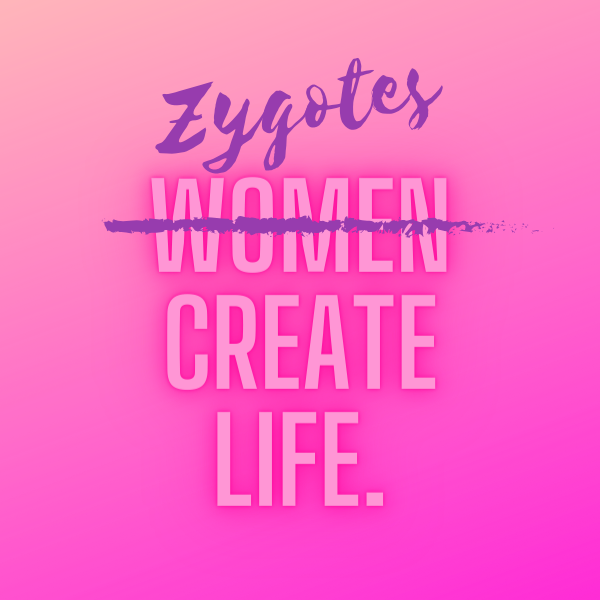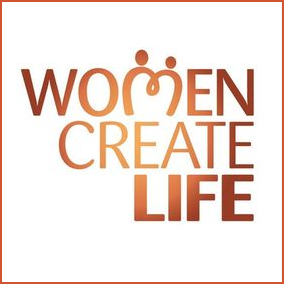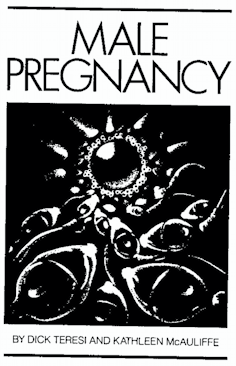Women and Men: Equal Contributors to Life Creation
Written on
Chapter 1: The Impact of Stereotypes on Gender Perception
Historically, one significant accomplishment of the women's movement was its critique of cultural stereotypes that painted men in an overly favorable light. These stereotypes included beliefs such as:
- Men excel in mathematics.
- Men are inherently more logical.
- Men tend to be more decisive.
This critical examination was crucial, as these exaggerated notions of male superiority justified the privileges men enjoyed in various fields, including business, science, and politics. While it was detrimental for women to be viewed as inherently less capable in these areas, the more damaging notion lies in the overly idealized view of women in society.

The perception that women "create life" underscores a romanticized view of femininity, suggesting that their value stems from a mystical ability to nurture. Although carrying a child is indeed a challenging endeavor, the assertion that women alone are responsible for life reflects a broader cultural narrative that elevates them to a near-divine status.
This belief can lead to significant advantages for women in parenting roles—considered by many to be the most rewarding aspect of life. However, it is essential for society to recognize that qualities like logic and decisiveness are not exclusive to men. Both men and women possess these traits across a spectrum, and rigid categorizations can be wasteful and misleading.
Section 1.1: Rethinking the Notion of Life Creation
We must move away from the idea that "women create life" in isolation, as it unfairly places women at the pinnacle of nurturing and life-affirmation. The aim here is not to downplay women's contributions but rather to acknowledge the equally remarkable role that men play in this process.
The essential truth is that both an egg and a sperm are required for new life. The uterus, often viewed as a magical space, is, in fact, a straightforward organ that serves as a nurturing environment for the zygote, which is capable of developing independently once conception occurs.
The video "When women do better, we all do better" discusses how uplifting women's roles in society benefits everyone, reinforcing the idea of shared contributions in life.
Subsection 1.1.1: Scientific Insights into Reproductive Roles
Research has shown that zygotes can thrive outside the uterus. For instance, studies have indicated that zygotes can implant successfully in a male's body under certain conditions. This possibility, first explored in a 1985 article in Omni magazine, demonstrates that the process of creating life is more complex than traditionally portrayed.

In a notable study, researchers removed a zygote from a pregnant baboon and placed it on the omentum of a male baboon. The findings suggested that with appropriate hormonal support, a zygote could develop and potentially reach full term, challenging conventional beliefs about gender roles in reproduction.
Section 1.2: The Role of Sperm Production
Another fascinating aspect of human reproduction is that female infants are born with all the eggs they will ever have, while males continuously produce sperm throughout their lives. This distinction raises critical questions about the narratives we construct around life creation.
We should advocate for a more inclusive narrative that recognizes both men and women as co-creators of life. Statements like "women create life" should be accompanied by affirmations of men's roles, emphasizing the importance of zygotes in the life creation process.


